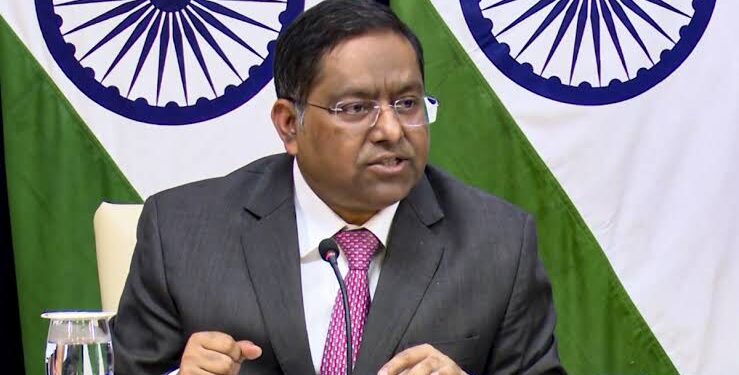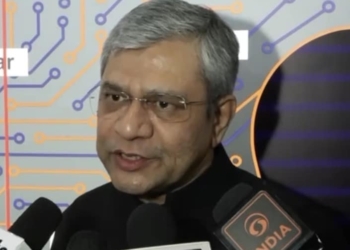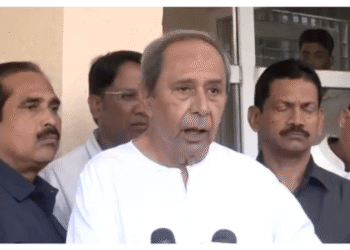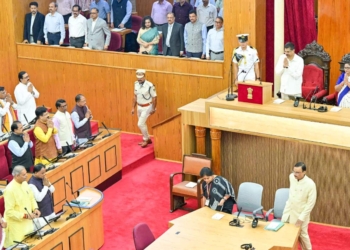India has strongly dismissed allegations made by the Pakistan Army, which blamed New Delhi for a devastating suicide bombing in Pakistan’s North Waziristan district on June 28.
The Ministry of External Affairs (MEA) issued a sharp rebuttal, stating, “We reject this statement with the contempt it deserves.”
The blast, which targeted a military convoy in Khadi village, killed at least 14 Pakistani soldiers and injured 25 others, including civilians. Initial investigations revealed that the suicide attacker used approximately 800 kilograms (1,760 pounds) of explosives, making it one of the deadliest attacks in the restive tribal region in recent months.
Despite imposing a curfew to ensure safe movement of security forces, the attack occurred around midday, devastating nearby homes and causing panic. Among the wounded were 15 soldiers and 10 civilians, including children. However, the Pakistan Army’s official report stated 13 soldiers were killed, and three civilians, including a woman and two children, were seriously injured.
Terror Group Claims Responsibility
Responsibility for the attack has been claimed by the Hafiz Gul Bahadur group, a faction of the Tehreek-e-Taliban Pakistan (TTP). This group has previously been linked to high-profile attacks and operates actively in Khyber Pakhtunkhwa province, a known hotbed for banned terrorist outfits.
Security analysts have warned about the increasing threat from this faction. In March 2025, Pakistani analyst Abdullah Khan described the Hafiz Gul Bahadur group as “more dangerous than the mainstream Pakistani Taliban,” citing its ambitions to expand influence and execute high-impact strikes.
Pakistan’s Baseless Blame on India
Pakistan’s military issued a statement blaming India for orchestrating the attack but failed to provide any supporting evidence. The Indian MEA responded sternly, warning against “irresponsible and baseless accusations” that could escalate regional tensions.
India has reiterated its consistent position of non-involvement in Pakistan’s internal matters, while also calling on Islamabad to focus on internal security reforms and the dismantling of terror networks operating from its own soil.
Regional Implications and Concerns
The incident has intensified concerns about stability in the Afghanistan-Pakistan border region, especially with Pakistan repeatedly accusing Afghanistan of providing safe havens to insurgent groups—a claim Kabul denies.
As militant violence resurges in the region, security experts caution that cross-border allegations without evidence could jeopardize fragile peace efforts and distract from the real threat posed by domestic extremist factions.





























